“Hey! What’s up?” the student said as she continued to walk past me.
“Great, you?” I answered. By the time I’d gotten the words out, though, the student was already gone. I stopped, confused. She’d asked me a question so naturally I assumed we were going to have a conversation.
The same situation was repeated over the coming months, with teachers, students, taxi drivers, waiters and waitresses, and countless others. The way they asked the question would vary. Some would say, “What’s up?” Others would say, “How are you?” While still others would say, “How’s it going?”
I always wanted to answer their questions, and would instinctively pose my own. However, every time I did, they’d either already be past me, or they’d look confused. Eventually, I settled into the response of “Fine, thanks!” or just “Hey!” whenever I encountered friends between classes. This seemed to be the correct answer and I’d get smiles in return.
Years later, the phrases that seemed so confusing to me as a freshman in high school became second nature. I greeted my friends with a “What’s up?” as I walked past them in O’Neill Plaza and didn’t think twice about it. It wasn’t until about a week ago, when I saw an exchange student from Paris in my apartment building that I remembered my original hesitations.
The encounter went something like this:
I was carrying a load of fresh laundry and thinking about how nice warm towels are, when I passed by him on my apartment floor.
Instinctively I smiled and said, “Hey, what’s up?” but did not stop walking towards my door.
He smiled slightly nervously and said “Hey…” before going down the stairs.
Less than five seconds later, I heard some footsteps come back upstairs as I was unlocking my door.
“Hey Lucia … quick question. What am I supposed to respond to ‘What’s up’?”
I paused and looked back. For a moment, I was astonished that I was being asked that. I hesitated, aware that I was in the International Assistant Program and should probably be able to answer this question, but also taken aback that I didn’t immediately know how to respond.
“I guess I would just say ‘Hey’ back?” I ventured.
“So, when they ask me this it’s not because they are actually asking me this? I just never know how to respond,” he said.
I shook my head, my freshman thoughts from high school flooding back into my head. Of course it was confusing. I’d gone through the same thing. I’d just never been brave enough to ask why people did this.
“It’s just a common greeting, but no, it’s not intended to actually start a conversation unless they visibly stop to talk to you,” I said. He nodded in response, said thanks and went back down the stairs. I was left in the hallway with a pile of semi-warm laundry and some fresh questions.
I remembered my own feelings of uncertainty before I’d spent time in the U.S. and my thoughts went back to my Introduction to Sociology class at BC this summer.
During a discussion, we’d talked about how uncomfortable people would be if we took the time to ask the questions they posed literally. As in, every time they asked how we were, we stopped to answer and have a conversation instead of simply smiling and continuing on our way.
At home, in Mexico, this is what we do. If we ask someone a question, we stop to talk. From chatting to several exchange students this year, it’s clear that it is the same in most Hispanic and European countries. Standard greetings do not deviate from “Hello,” “Hey,” or “Good morning” if the person does not want to engage in conversation.
In the U.S. though, where people are so much more open even when just having met, asking people how they are is simply another greeting without much more to it. It’s just like telling everyone you meet that you’re going to get coffee with them someday knowing full well that you will only follow through with a handful.
Deviating from the standard norms of conversation or the classic responses to these greetings would involve something along the lines of asking those people to go get coffee with you immediately instead of at a “later” date. In other words, pretty uncomfortable for all involved parties.
Though I have grown used to greeting people the American way, I still wonder why we give the impression of feigning interest when we’re just going to keep walking. It almost invalidates the question “How are you?” We become so used to hearing it and ignoring it, when someone is actually interested in our lives and decides to ask us the same question, we instinctively respond with the classic, “Fine thanks, and you?” even if we’re not fine.
Having said that, for the most part, I would interpret these greetings casually. If you’re a person who loves the thrill of awkward conversations, however, try answering people’s questions literally as they walk past you. When asked how you are, stop to tell someone about your life, and watch how fast people will try to get out of these interactions and run into the nearest building, regardless of whether they have class or not.
Featured Image by Meg Dolan / Heights Editor

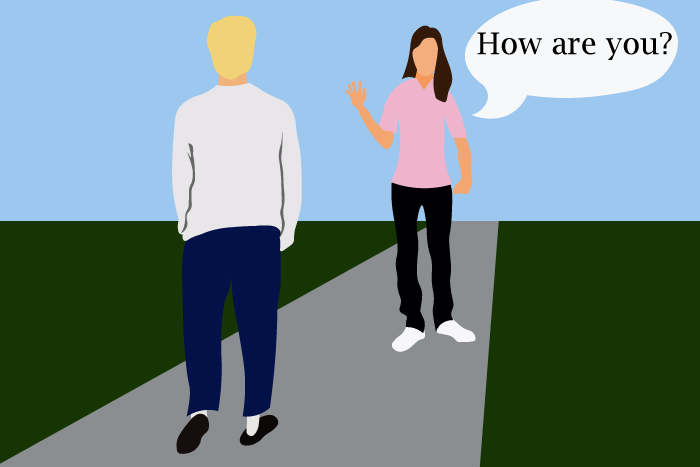

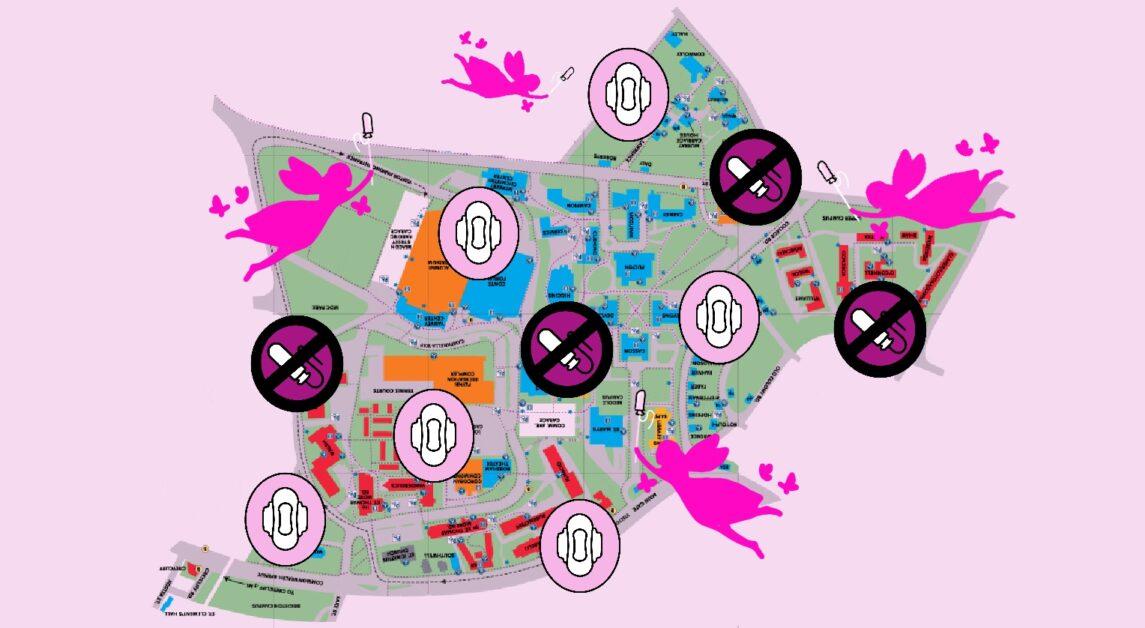
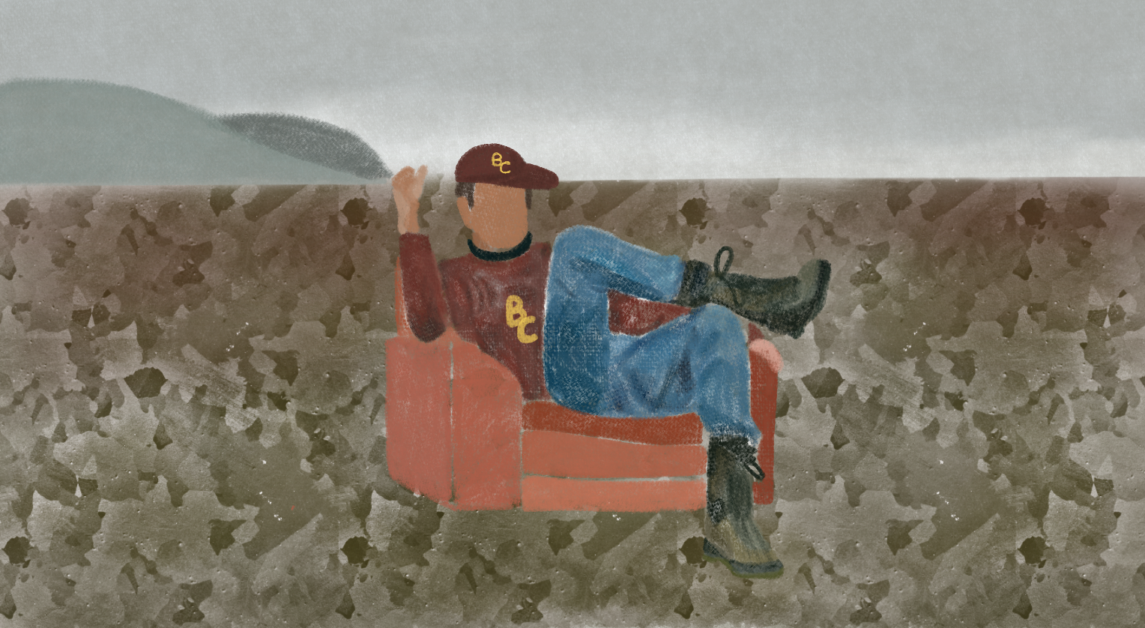
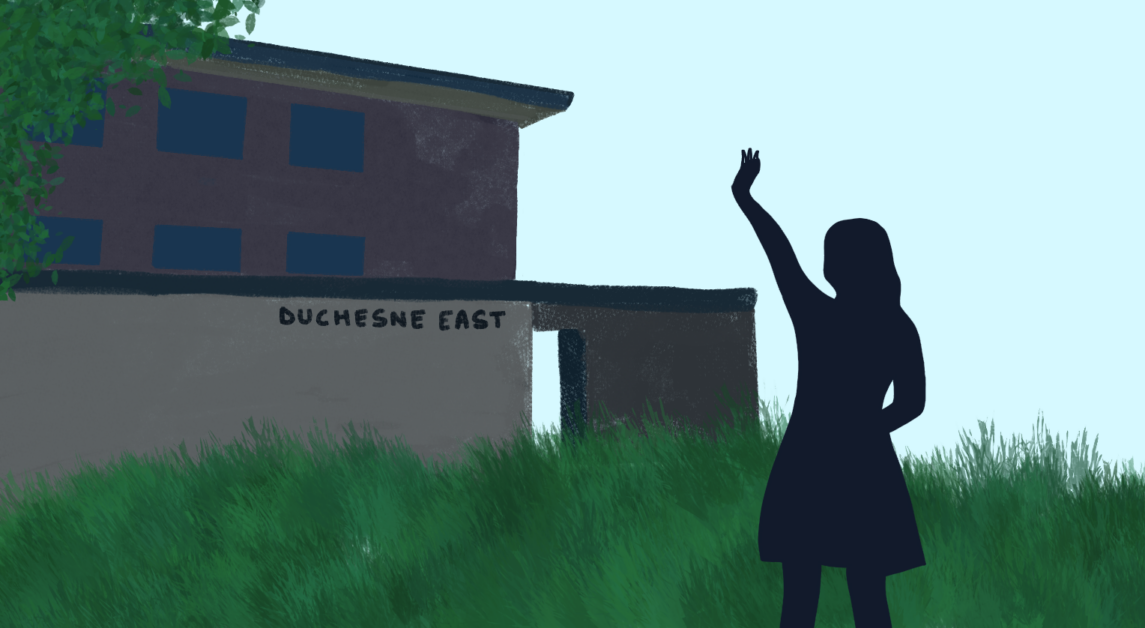
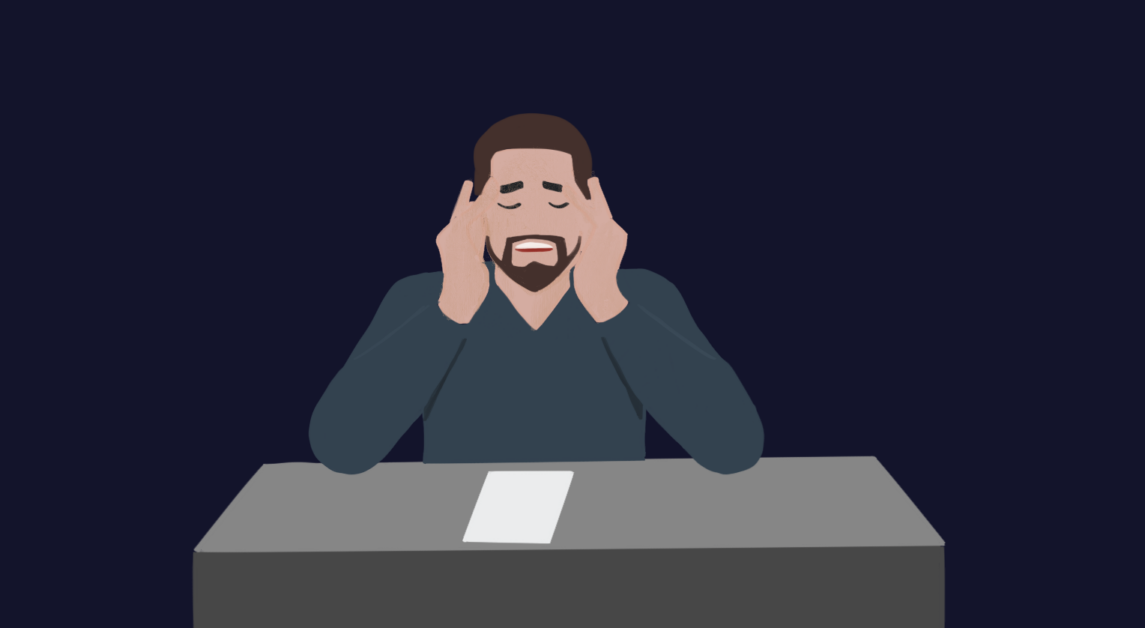
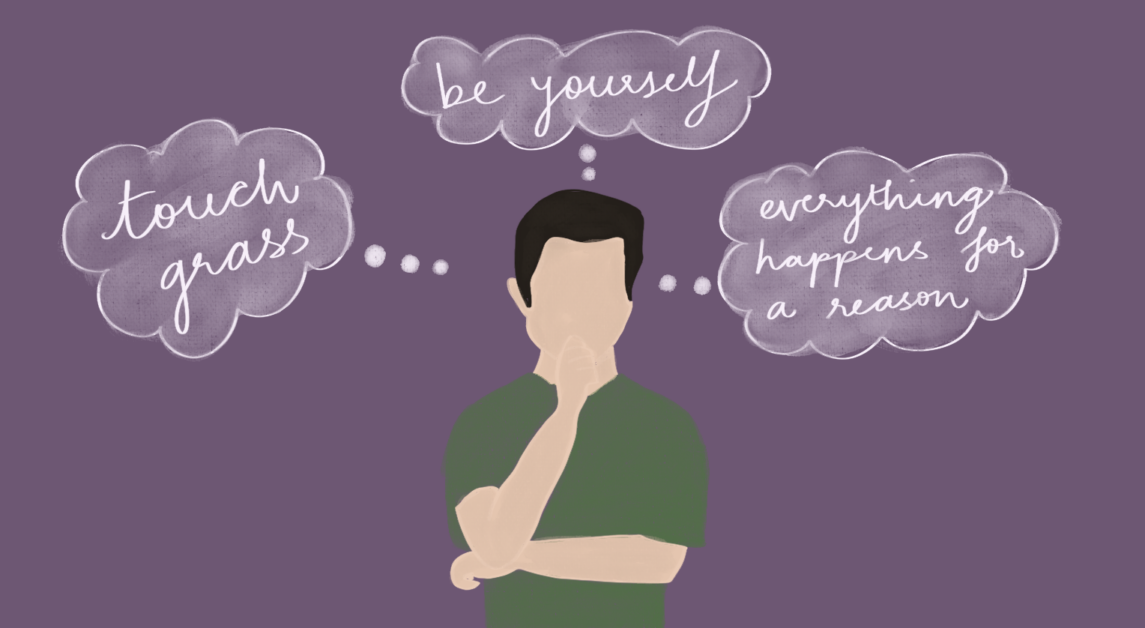
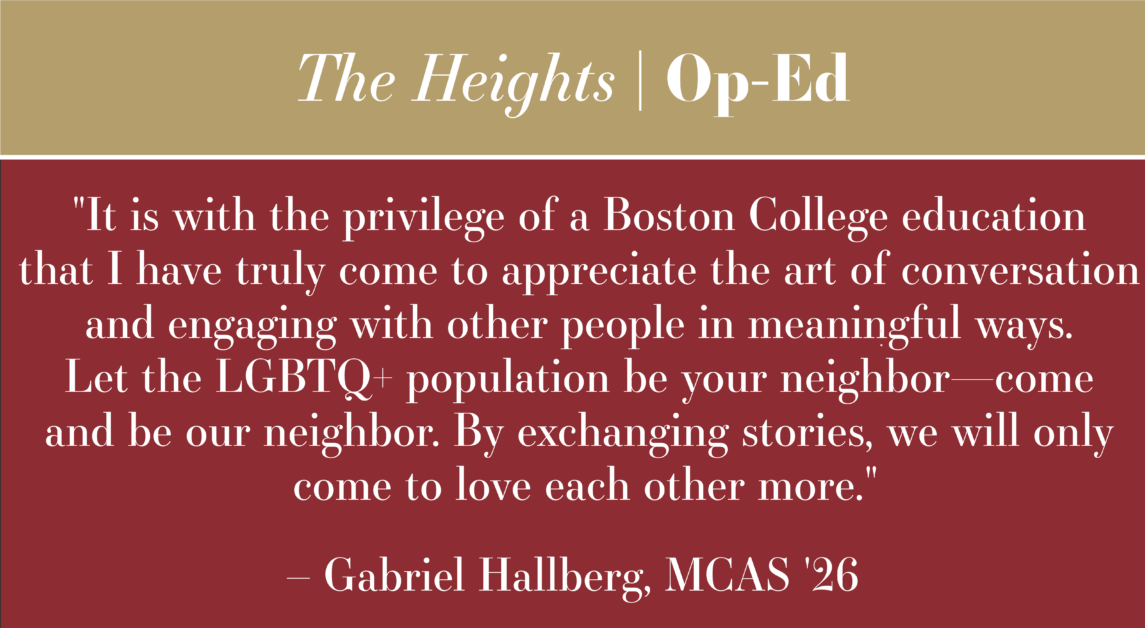
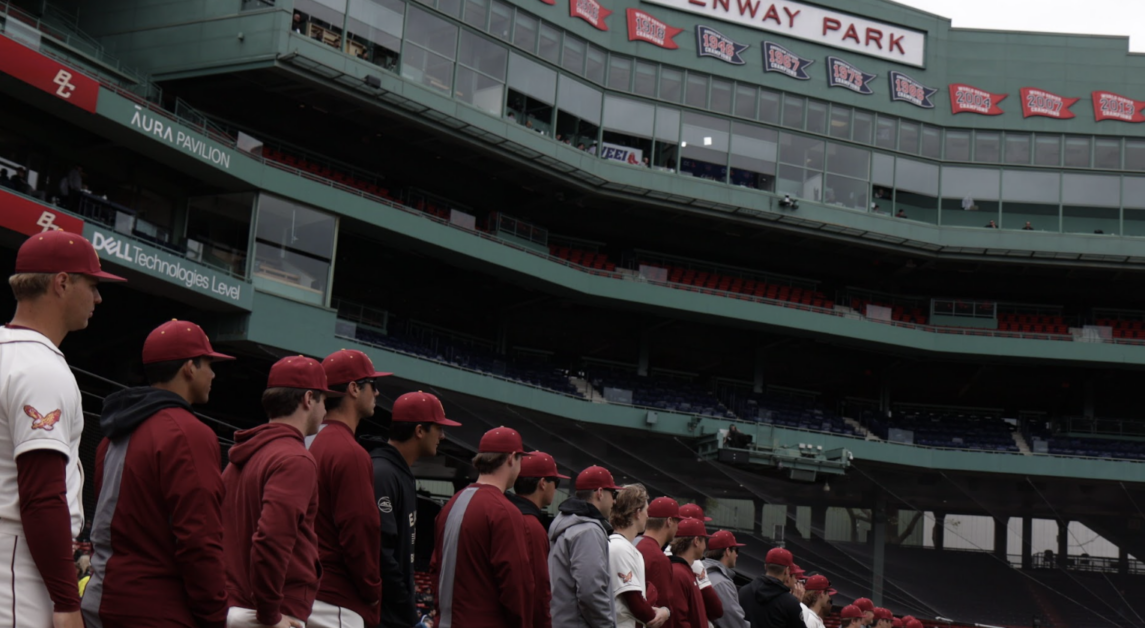
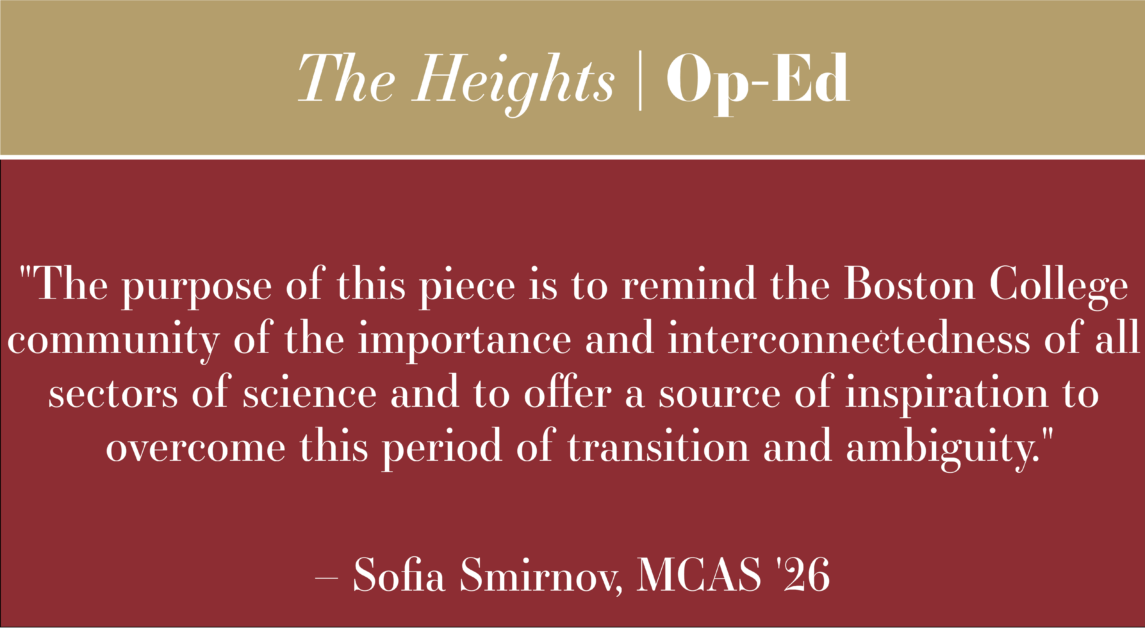
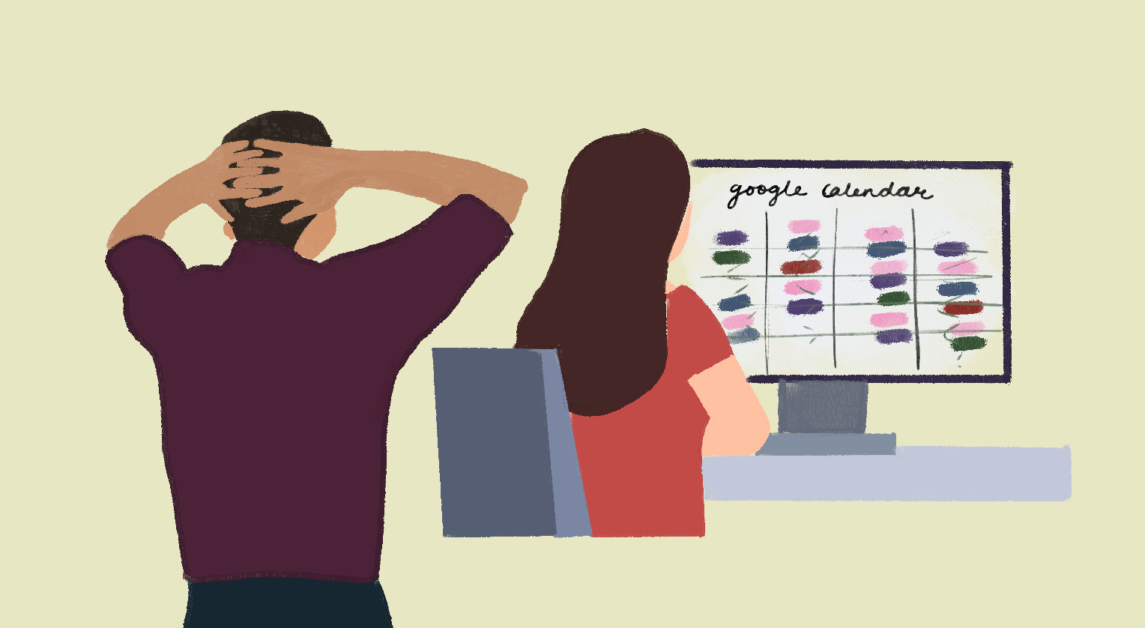
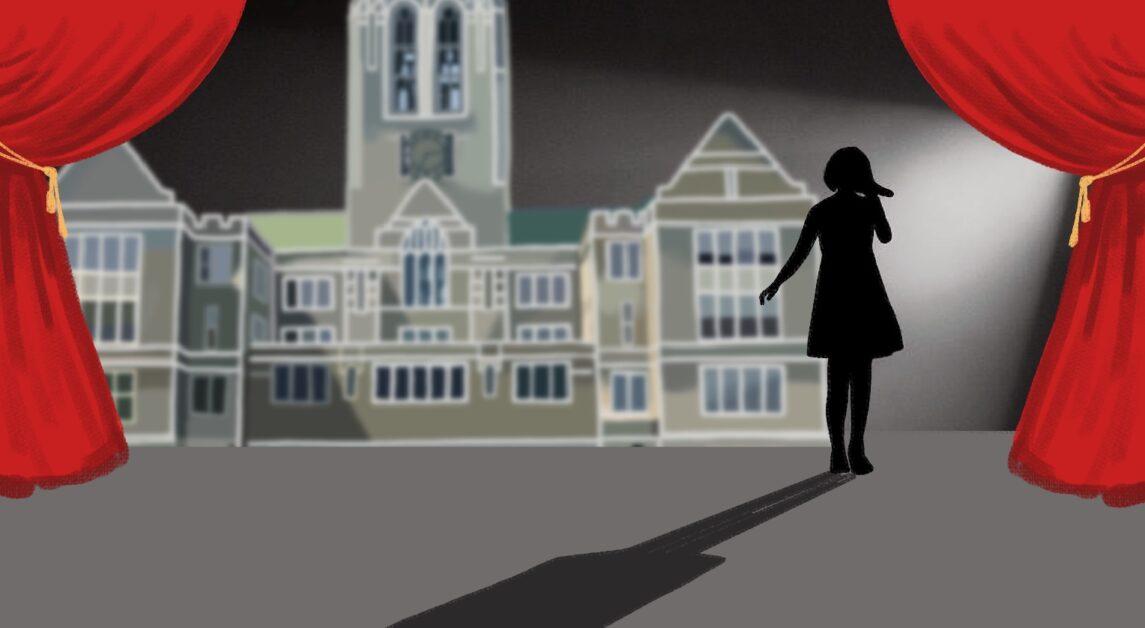
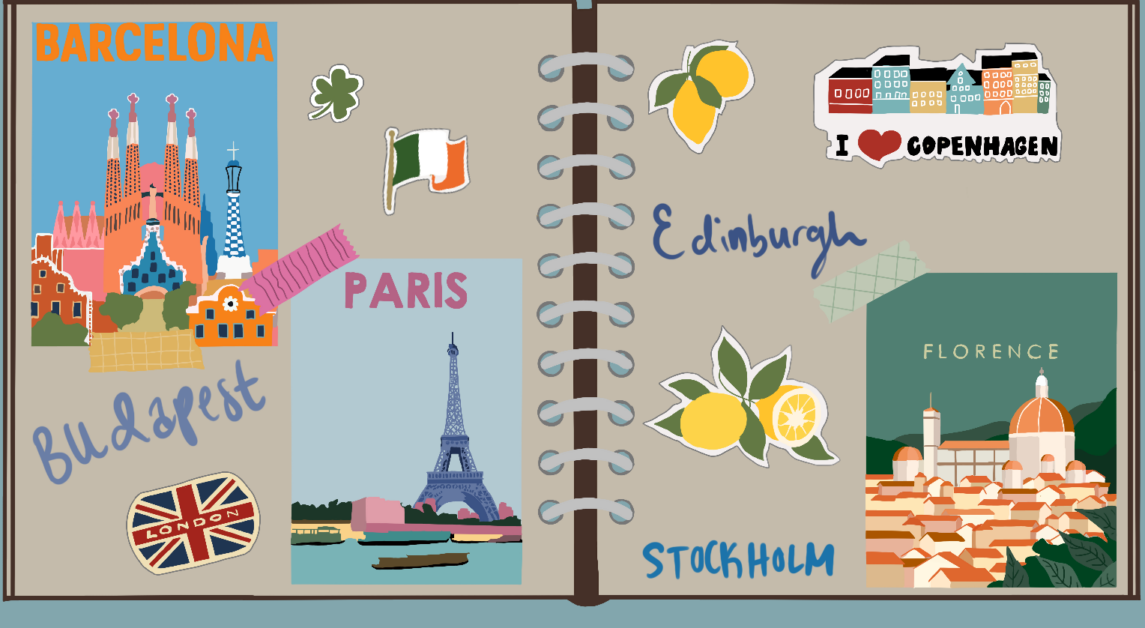
Fukowi • Oct 2, 2017 at 9:50 am
During the course of your life you will meet people whom you know that will walk by you without saying a single word or even acknowledge your existence. There are a variety of reasons for such behavior (intense shyness, the other person is an electrical or chemical engineer, etc.) and they are not always malevolent. Culture plays a role but not always. So eye contact and an awkward mumbling grunt without stopping may be something you will learn to appreciate!